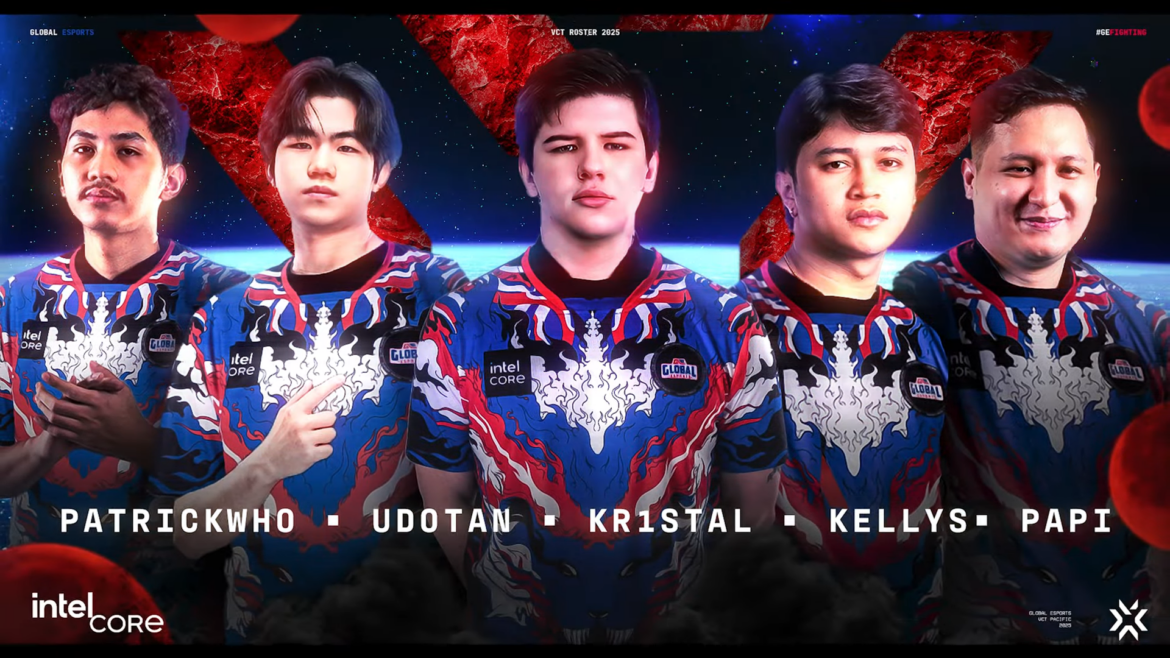
Game development thrives on iteration. Builds change weekly. Priorities shift mid-sprint. And whether a studio is fine-tuning combat mechanics or responding to a publisher’s new milestone, teams need to stay aligned without slowing down.
That makes training a challenge. Traditional learning management systems (LMS) aren’t designed for fast-moving, cross-functional teams. They rely on scheduled courses, full-session modules, and centralized platforms. In a development cycle where artists, engineers, and producers are all working in different tools, that model doesn’t scale.
As the demand for just-in-time knowledge grows, especially during production-heavy phases, many studios are shifting toward microlearning. Short, timely content delivered inside the tools people already use reduces friction, improves recall, and keeps teams focused.
Slack has become the default workspace for many studios, particularly those with hybrid or remote teams. And increasingly, it’s being used for more than communication. For companies using platforms like Haekka, Slack has become a direct channel for continuous training without leaving the dev environment. That includes things like onboarding new hires, reinforcing feature updates, and surfacing key workflows.
Haekka delivers training in the flow of this work, embedding brief modules directly into Slack channels where teams already collaborate. Instead of requiring engineers to log into an LMS for a quarterly security session, Haekka can drop a security prompt or policy update into a relevant channel, customized by team or project role. That’s especially helpful in gaming, where QA testers might need different training than level designers, and where onboarding has to happen mid-project.
The value isn’t just convenience. Training inside the tools teams already use helps reduce context switching. Developers don’t have to step away from their task to hunt down documentation or take a formal course. Artists can stay in creative tools while receiving micro-updates on naming conventions or export standards. Product managers can be nudged with short-form content around live ops protocol, localization specs, or new monetization rules.
Over time, this kind of learning reinforces itself. As changes roll out, whether it’s a new middleware integration or a revised code freeze policy, Haekka can automate reminders, surface role-specific micro-content, and track engagement without requiring a top-down process.
For game studios working with multiple departments, contractors, or satellite teams, it’s a scalable way to distribute knowledge without formal training sessions. And for project leads, Haekka’s reporting tools provide real-time visibility into who’s up to speed, what topics are landing, and where there may be knowledge gaps. That level of insight becomes more critical the closer a game gets to ship.
Microlearning also supports better onboarding. Instead of giving new hires a block of documentation on day one, teams can assign a Stream of spaced-out, Slack-delivered content. Each week, new employees get a digestible lesson that builds over time, whether it’s related to studio tools, security expectations, or naming conventions inside a proprietary engine.
What makes this format work for game development is its flexibility. Haekka’s content is fully customizable. Teams can pull from existing templates or create their own around evolving workflows. For example, a team releasing a new feature can push out a quick “lessons learned” note paired with a one-question Pulse check-in to see if the change is being adopted correctly.
In a studio where pipelines are in constant motion, static training models often get ignored. But by embedding lightweight, relevant content into daily communication tools, teams can stay informed without sacrificing momentum.
Game development doesn’t wait for formal training cycles. And with platforms like Haekka enabling real-time, role-specific microlearning inside Slack, studios don’t have to choose between speed and structure. They can have both, delivered one message at a time.

In game development, security breaches have become a serious operational risk. Source code leaks, early footage dumps, and compromised community tools are no longer rare.... Read more

Why the social crypto platform sees games as a cornerstone of long-term utility Gaming is becoming a central pillar of Pi Network’s growth strategy. As... Read more

When VR first hit mainstream shelves, it was all about escape. Strap on a headset, leave your living room behind, and plunge into another world.... Read more

If there’s one thing gamers and developers can agree on heading into 2025, it’s that the rules are changing. Again. The gaming industry isn’t just... Read more

Get ready to shift gears in the world of virtual motorsports with eSim Racing! In this article, we’ll take a deep dive into how eSim... Read more

Dive into the thriving world of Valorant 2 in Asia with our latest blog! We’ll explore how the game has captured the attention of players... Read more

Lorem ipsum dolor sit amet, consectetur adipiscing elit. Ut elit tellus, luctus nec ullamcorper mattis, pulvinar dapibus leo.
Lorem ipsum dolor sit amet, consectetur adipiscing elit. Ut elit tellus, luctus nec ullamcorper mattis, pulvinar dapibus leo.